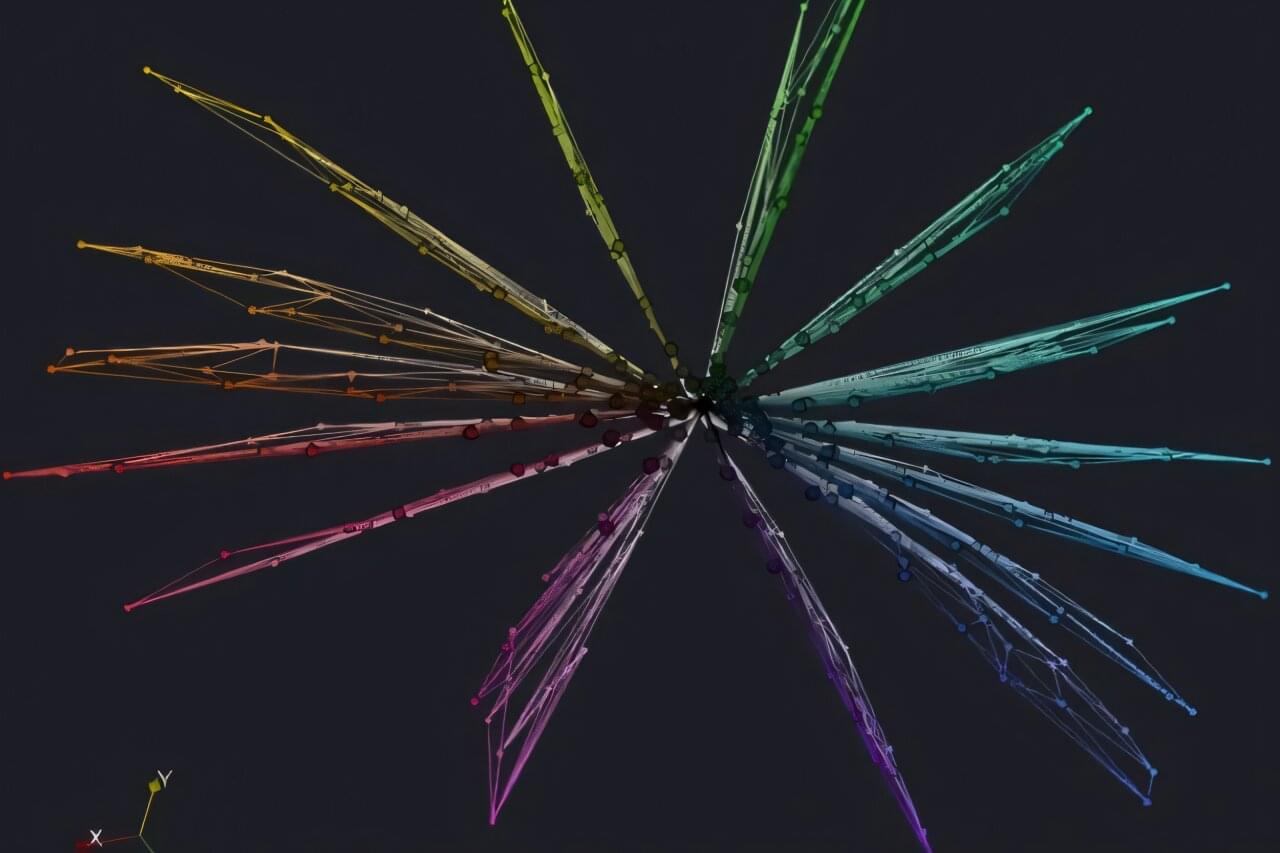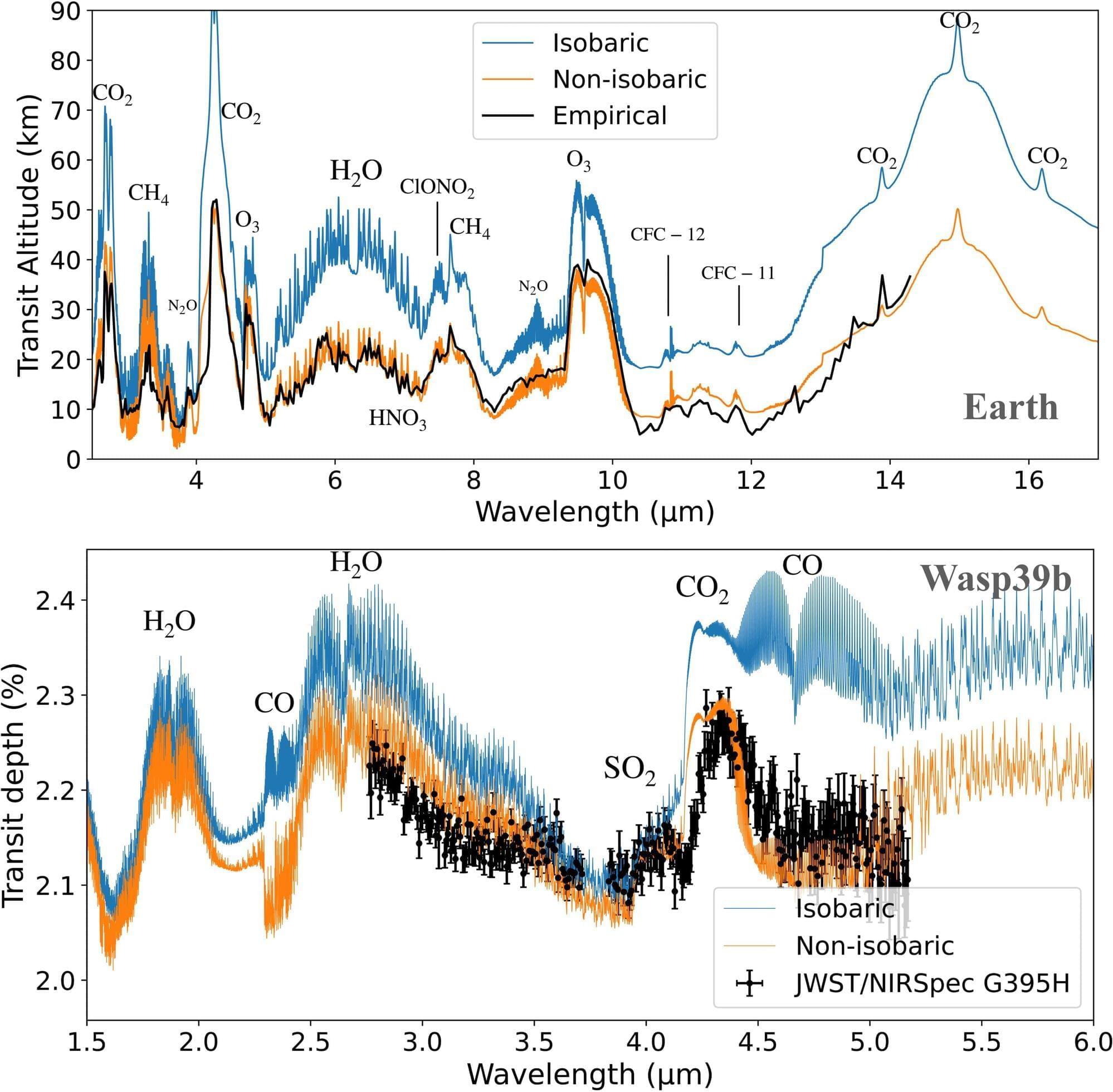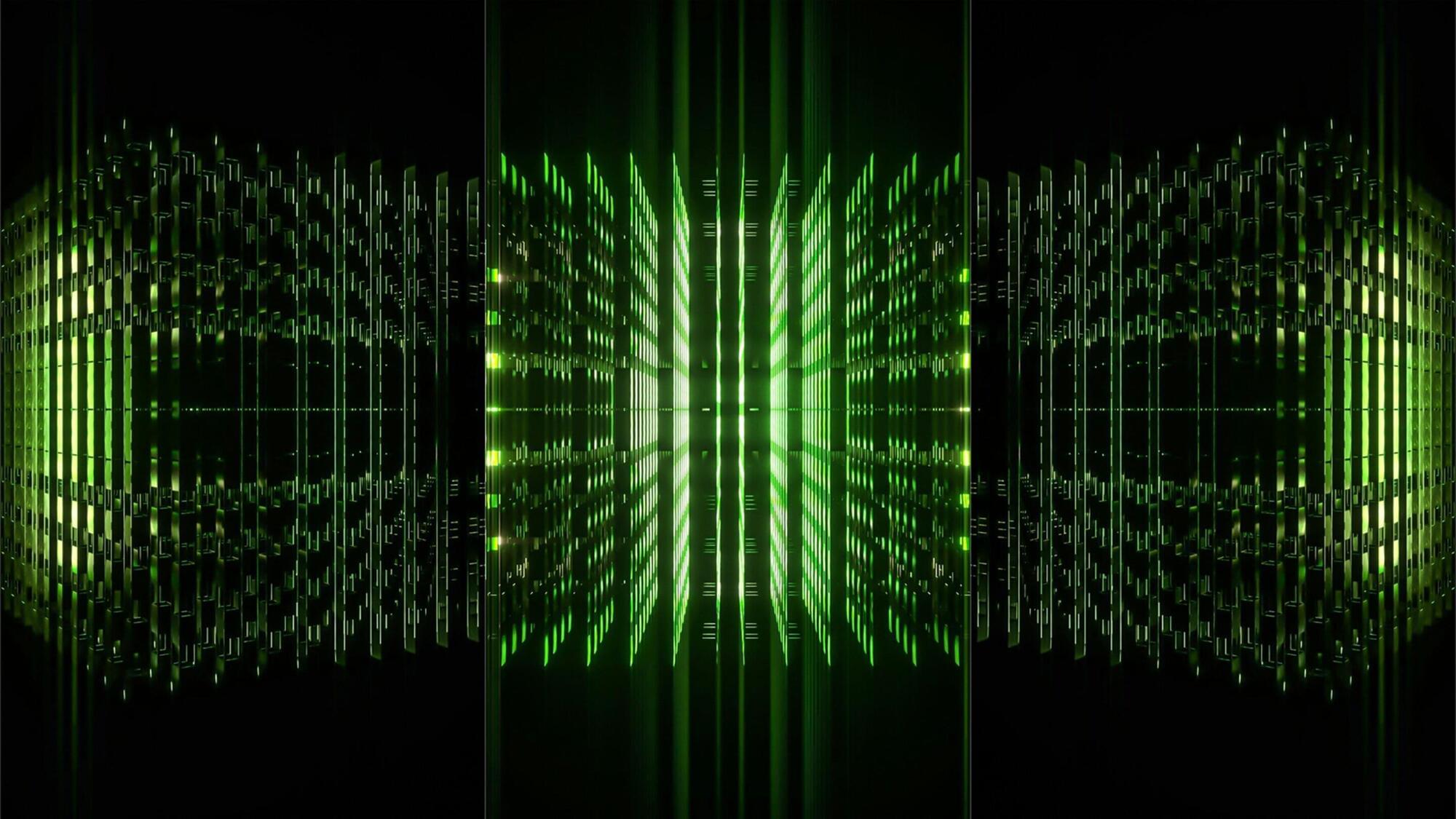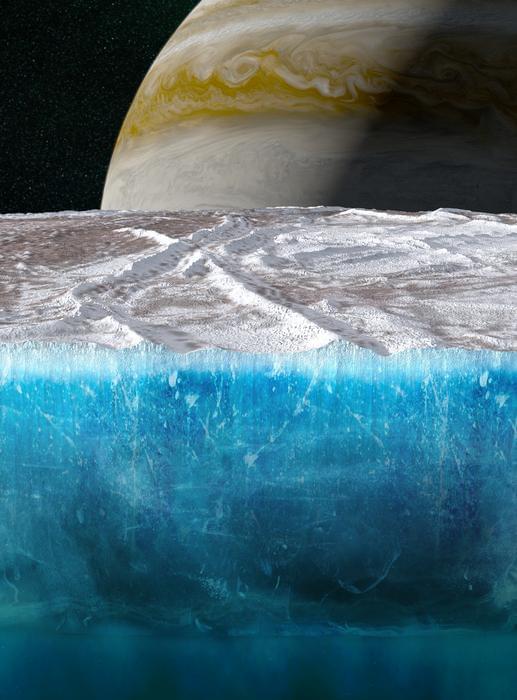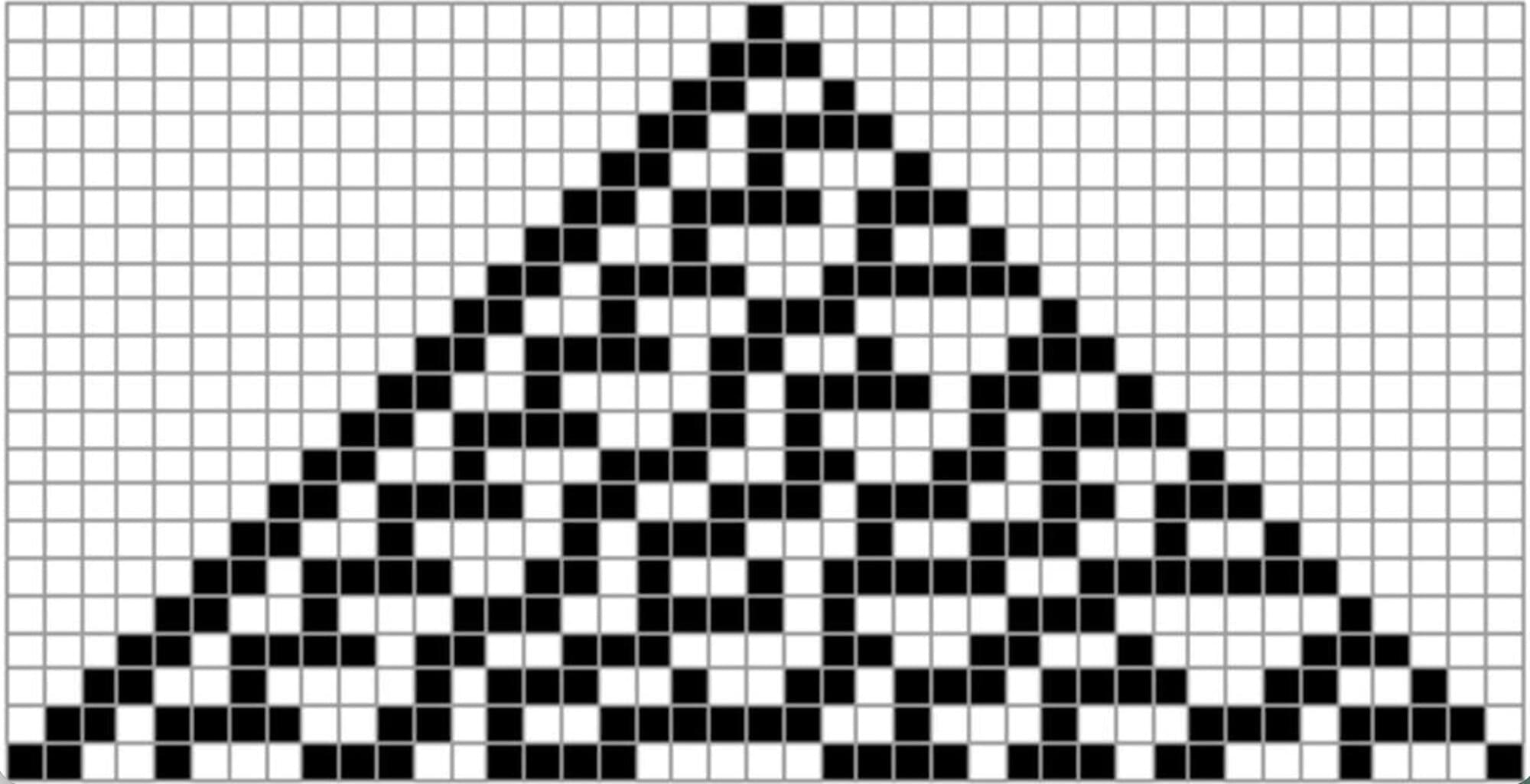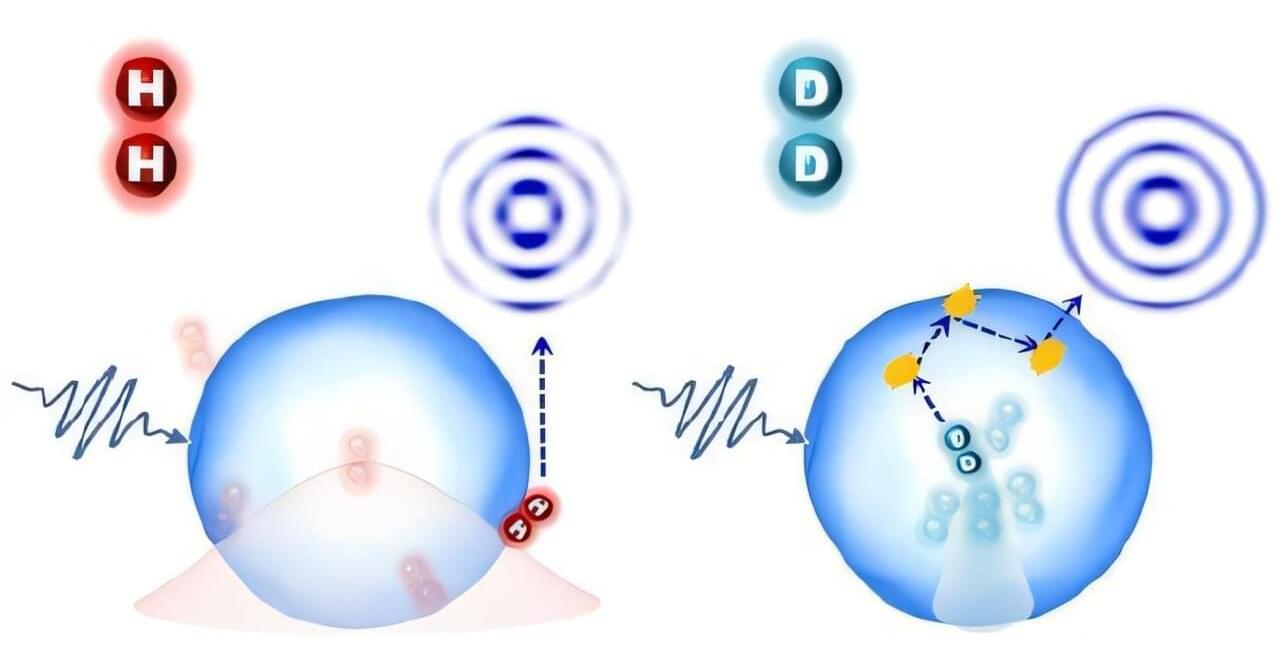Research on the perception of color differences is helping resolve a century-old understanding of color developed by Erwin Schrödinger. Los Alamos scientist Roxana Bujack led a team that used geometry to mathematically define the perception of color as it relates to hue, saturation and lightness.
Presented at the 2025 Eurographics Conference on Visualization, their work formalizes Schrödinger’s model of color, decisively establishing the perception of color attributes as an intrinsic property. The paper, “The Geometry of Color in the Light of a Non-Riemannian Space,” was published in the Computer Graphics Forum.
“What we conclude is that these color qualities don’t emerge from additional external constructs such as cultural or learned experiences but reflect the intrinsic properties of the color metric itself,” Bujack said. “This metric geometrically encodes the perceived color distance—that is, how different two colors appear to an observer.”
